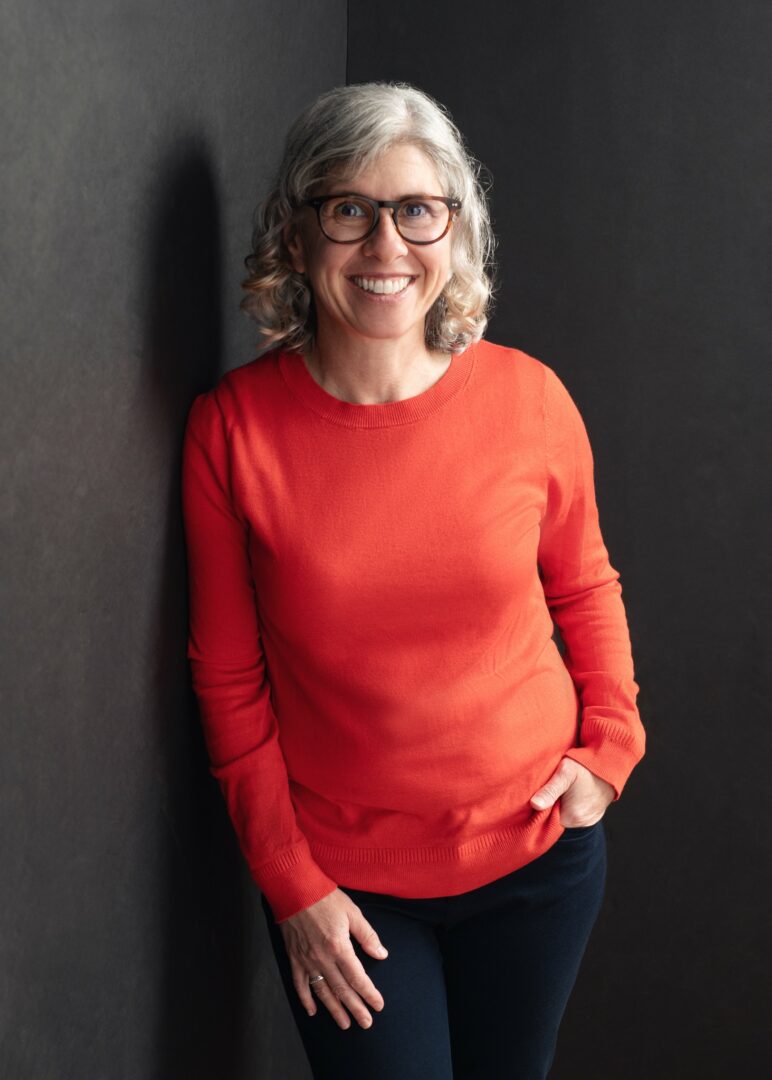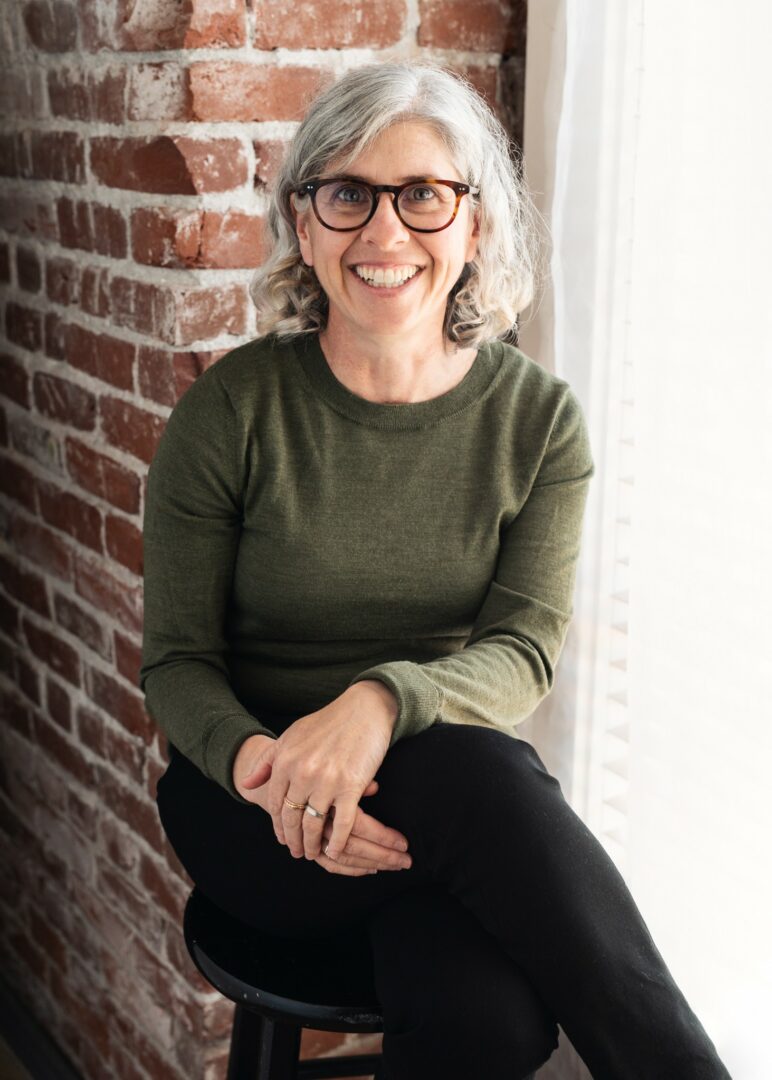We caught up with the brilliant and insightful Lori Cohen a few weeks ago and have shared our conversation below.
Lori, we’re thrilled to have you sharing your thoughts and lessons with our community. So, for folks who are at a stage in their life or career where they are trying to be more resilient, can you share where you get your resilience from?
I get my resilience from my family legacy. I am the grandchild of grandparents who survived the European Holocaust during World War II. I imagine some of the resilience I’ve experienced in my life is a result of hearing their stories and experiences, and recognizing that my day-to-day realities and privileges are so different, more manageable in the contexts that I operate in. I have the legacies of my history and the traumas my ancestors experienced—traumas I have been able to heal from—to provide me with the fortitude to persist in challenging circumstances.

Thanks for sharing that. So, before we get any further into our conversation, can you tell our readers a bit about yourself and what you’re working on?
My current role is as an education consultant. I worked in schools for over 20 years as a middle/high school teacher, instructional coach, and school leader. Over that time I learned so much about effective teaching and learning, how to work skillfully with young people, and how to lead adults. I find that now I’m in the season of my career I’m able to give back by partnering with schools, districts, and education-facing organizations as a coach, consultant, and guide. I also have had the good fortune to write books related to the topics I consult on: professional learning design and facilitation, school transformation (including teacher growth and evaluation), and classroom instruction (specifically lesson design).
One of the guiding principles of my work comes from the Jewish tradition, a a concept called Tikkun Olam. This phrase is often translated as “repairing the world,” and in my understandings of Tikkun Olam’s evolution, it takes all of us to do our part to repair this world and work towards a world where we center human dignity, justice for all peoples, and eradicate harm.
I recently updated my website, and my tagline is “Imagine what’s possible.” I like to do transformative work that changes people and systems, and to do that requires imagination. I hope to invite people out of their typical ways of working and experiencing the world and into something more generative and bold.

There is so much advice out there about all the different skills and qualities folks need to develop in order to succeed in today’s highly competitive environment and often it can feel overwhelming. So, if we had to break it down to just the three that matter most, which three skills or qualities would you focus on?
I think the first skills that were most impactful for me are relationships, especially working across differences to better understand people. In my early days as a classroom teacher, I worked with students who were very different from me across all identifiers. Rather than making presumptions about how I thought things should be, I instead became more curious, centered the needs and experiences of those who had experienced historical harm, and worked to do my part to remove barriers and be in partnership to eradicate harm. This needs to happen when there is a strong, trusting relationship at the center.
I think the second skill that has been most important for me is communication. Much harm happens as a result of miscommunication, lack of communication, or unskillful communication. As an English teacher, my core goal for my students was for them to be effective communicators, which meant I had to model the same behaviors and practices.
The third important skill I learned was imagination. If we want to make bold and empowering choices we need to activate our imaginations. I drew and painted a lot as a child, and I had a wild imagination. I think that skill has translated into my willingness to take risks as an adult.
My advice for those who are early in their journey is to find communities and/or mentors who are similar in values and practices. Ask lots of questions. Try out things in a “small bets” way—make micro moves that test your skills. Get feedback from trusted guides. All of these pieces of wisdom can hopefully set someone well on their path.

Thanks so much for sharing all these insights with us today. Before we go, is there a book that’s played in important role in your development?
In this recent phase of my life, the book that has had a significant impact on me was The Way of Integrity by Martha Beck. This book is all about how to stay rooted in our integrity and to assess the elements, people, and experiences that test our ability to be in integrity. From reading this book and completing the exercises within it, I learned, first of all, that integrity is a core value of mine. I also learned that it’s easy to be out of alignment with my integrity, especially when my people-pleasing instincts kick in. So it’s important for me to be self-aware enough to stay rooted in my integrity, and ask myself, “Is this choice in alignment with my integrity or out of alignment?”
From the experience of reading this book, I created a self-assessment tool called the “subordination to liberation” rubric. Each week I assessed one action I took to determine where I fell along the spectrum of Subordination (giving over entirely to someone else) to Liberation (completely free in my choices and liberated from my typical socialization). I return to that rubric as needed when I feel like I need to check myself on my actions and intentions.
Contact Info:
- Website: https://www.loricohenconsulting.com
- Instagram: ConsultingLori
- Linkedin: Lori Cohen
- Other: Bluesky: ConsultingLori

Image Credits
Darina Neyret
so if you or someone you know deserves recognition please let us know here.




